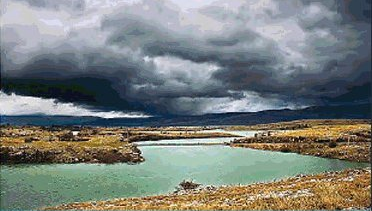The Conference was organized by DIKTAS in partnership with the International Association of Hydrogeologists, in collaboration with the Trebisnjica Hydropower System (HET) and the University of Belgrade, with the support of UNESCO, the International Groundwater Resources Assessment Centre (IGRAC) and the Global Water Partnership – Mediterranean (GWP-Med).
The Conference focused on strengthening knowledge sharing among more than 150 participating scientists and stakeholders from 45 countries and 5 continents on the karst aquifers’ importance and vulnerability. The need for further, intensive karst environments’ research that will provide new perspectives with regards to the various aspects and challenges of shared karst waters management, was strongly underlined by the participants.
There were 106 written contributions by about 300 authors on key topics including aquifer characterization, monitoring, management and legal framework, water resources engineering, groundwater sustainable use, protection and remediation, awareness, education and outreach.
The DIKTAS Project outcomes were presented during the Conference, being welcomed by the participants as an inspiring approach for sustainable and integrated management ofshared karst water resources. Moreover, the DIKTAS Project team was urged to further investigate – upon completion of the first Project phase in January 2014 - the launch of a second phase.
GWP-Med, engaged in the DIKTAS Project since its inception and acting as coordinator of the work under Project Component 4: “Communication, Dissemination and Replication Activities”, had an active role in the Conference’s organization, under the guidance of the Organizing and Scientific Committees.
